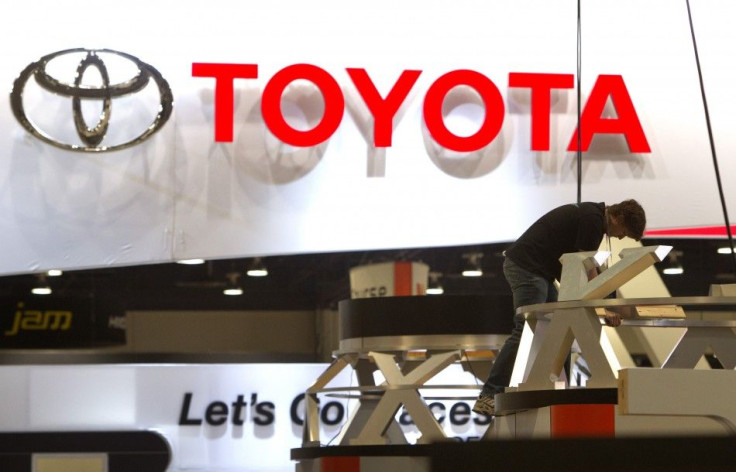Toyota partners with U.S universities on autonomous car-technology research

Japanese automaker Toyota announced its collaboration with the two top U.S. universities to work on artificial intelligence and autonomous driving technology. The company would invest $50 million over the next five years to establish joint research centers at Stanford University and the Massachusetts Institute of Technology (MIT). This new venture of Toyota will eliminate traffic casualties and help in attaining the ultimate goal of improving the quality of life through improved mobility and robotics.
The team at MIT led by Professor Daniela Rus will join Stanford and Toyota to develop advanced architectures which enable cars to make safe driving decisions through a better perception of their surroundings. This will play a major role in reducing traffic casualties.
Dr. Gill Pratt, former Program Manager at the Defense Advanced Research Projects Agency (DARPA) has joined Toyota to direct and guide the research teams from two universities. This collaboration will be a major boost in the field of research and development of intelligent vehicle and mobility technologies. With age, the mobility of the larger segment of the society diminishes. Toyota said in a press release, that it believes in opportunities to improve day-to-day living through artificial intelligence.
“We’re here today to mark the beginning of an unprecedented commitment,” said Kiyotaka Ise, TMC Senior Managing Officer and Chief Officer, R&D Group.
Under the partnership, the research and development team at Stanford will be led by Professor Fei-Fei Li, Director of the Stanford Artificial Intelligence Laboratory (SAIL). The team will concentrate on inventing ways for intelligent vehicles to predict behaviours of things and people under various circumstances that avert potential accidents.
Toyota has been developing robots for industrial use since the 1970s. It was one of the first car manufacturers to offer an automated parking system, on the Prius hybrid in Japan in 2003, reports Reuters. Toyota has moved way ahead of its rivals in developing self-driving cars and implementing hands-free driver assistance systems.
Search giant Google is also in top league along with major automakers to make robot cars that will reduce road accidents. Tesla Motors is already in the final stage of road testing of a semi-automated hands-free system on its Model S sedan.
Contact the writer at feedback@ibtimes.com.au or let us know what you think below.






